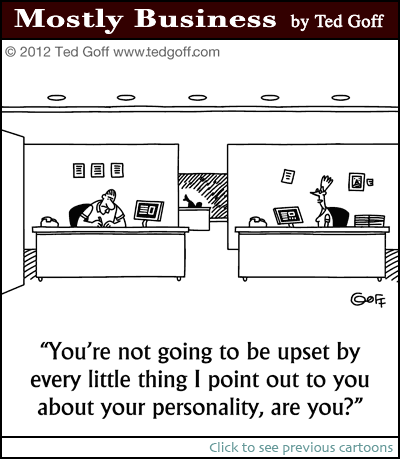
 My recent visit to London reminded me of a turbulent episode in my past. When looking for The American Intercontinental University London for a Wall Street Journal assignment, I entered an upcoming and trendy neighborhood around Marylebone High Street. Suddenly I recognized a Belgian restaurant at the corner of the street. It was a "Pain Quotidien".
My recent visit to London reminded me of a turbulent episode in my past. When looking for The American Intercontinental University London for a Wall Street Journal assignment, I entered an upcoming and trendy neighborhood around Marylebone High Street. Suddenly I recognized a Belgian restaurant at the corner of the street. It was a "Pain Quotidien". Then came the memory flash. I think it was in 1994 when one of the biggest Belgian banks, the KB, published a magazine in which they pictured 2 golden egg companies. One was Le Pain Quotidien from entrepreneur Alain Coumont, the other was a youth magazine from...me. The past has its way of re-entering reality in a confrontational manner. Back then I hadn't heard yet about this "Le Pain Quotidien". Today it is a successful commercial Belgian story. With more then 80 shops around the world the idea of Alain Coumont took off as a rocket. What I didn't know then, and probably the bank didn't know either, was that Le Pain Quotidien was virtually bankrupt in 1994. Coumont had to sell his company to Van den Kerkhove bakeries. Luckily Coumont managed to keep the license for the US out of the deal. He focused on the US and built up some capital again in a newly formed company called PQ Licensing. In 2004 PQ Licensing bought the biggest part of Le Pain Quotidien back (except for the license in Belgium which was transferred to a new holding company of the Van den Kerkhoves called "Vandan".) Whatever construction behind the company these days "Le Pain Quotidien" became a successful brand driven by an efficient franchising organisation.
In contrast to Le Pain Quotidien my youth magazine wasn't on the brink of bankruptcy in 1994, on the contrary it was growing like hell. In 2000 I sold the magazine to a well known company listed on the stock exchange. Unfortunately in an effort to maximize the organic growth we knew for years, they re-vamped the magazine completely (it became a look alike of Rolling Stone Magazine) after which sales decreased dramatically. After one year they stopped the publication. They never understood magazines, or newspapers for that matter, have a unique, and therefore delicate, soul. Thinking back, it might not have been the wisest decission to sell the magazine back then.
(Picture: Alain Coumont, man behind Le Pain Quotidien)




























